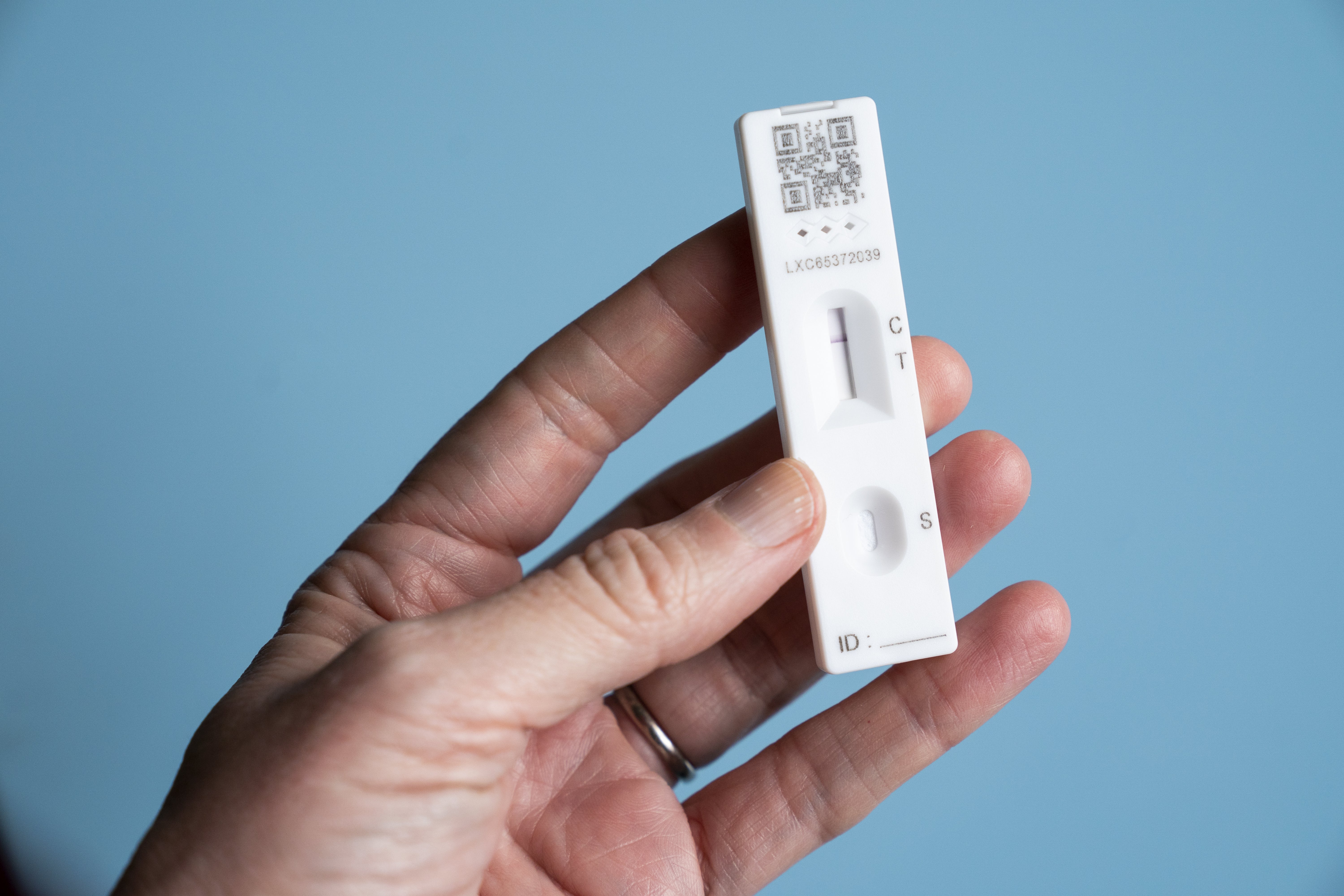Long Covid negatively affecting daily lives of nearly a million people
Fatigue continues to be the most common symptom, followed by shortness of breath, loss of smell and then loss of taste and difficulty concentrating.

Your support helps us to tell the story
From reproductive rights to climate change to Big Tech, The Independent is on the ground when the story is developing. Whether it's investigating the financials of Elon Musk's pro-Trump PAC or producing our latest documentary, 'The A Word', which shines a light on the American women fighting for reproductive rights, we know how important it is to parse out the facts from the messaging.
At such a critical moment in US history, we need reporters on the ground. Your donation allows us to keep sending journalists to speak to both sides of the story.
The Independent is trusted by Americans across the entire political spectrum. And unlike many other quality news outlets, we choose not to lock Americans out of our reporting and analysis with paywalls. We believe quality journalism should be available to everyone, paid for by those who can afford it.
Your support makes all the difference.Nearly a million people in the UK say long Covid is negatively affecting their daily lives as levels of the condition climb to a record high, new figures suggest.
The Office for National Statistics (ONS) estimates 1.52 million people were likely to be experiencing symptoms of long Covid in the four weeks to January 31, up 15% from 1.33 million a month earlier.
This includes 685,000 people who first had Covid-19, or suspected they had the virus, at least one year ago.
Long Covid symptoms are estimated to be adversely affecting the day-to-day activities of 989,000 people – around two-thirds of those with self-reported long Covid – with 281,000 (18%) reporting that their ability to undertake day-to-day activities has been “limited a lot”, the ONS said.
Fatigue continues to be the most common symptom (experienced by 51% of those with self-reported long Covid), followed by shortness of breath (35%), loss of smell (34%) and then loss of taste and difficulty concentrating (both at 25%).
Of the 1.52 million, 1.1 million (71%) first had coronavirus – or suspected they had it – at least 12 weeks previously, while 685,000 (45%) first had Covid at least a year earlier.
The ONS said prevalence of self-reported long Covid was greatest in people aged 35 to 49, females, people living in more deprived areas, those working in teaching and education, social care or healthcare, and those with another activity-limiting health condition or disability.
The ONS figures are based on self-reported long Covid from a representative sample of people in private households in the four weeks to January 31.
Self-reported long Covid is defined as symptoms persisting for more than four weeks after a first suspected coronavirus infection that could not be explained by something else.